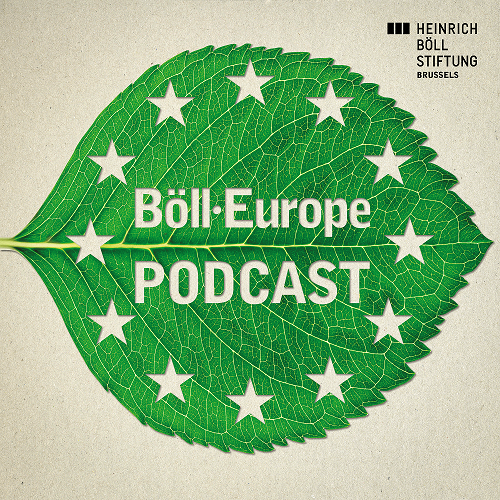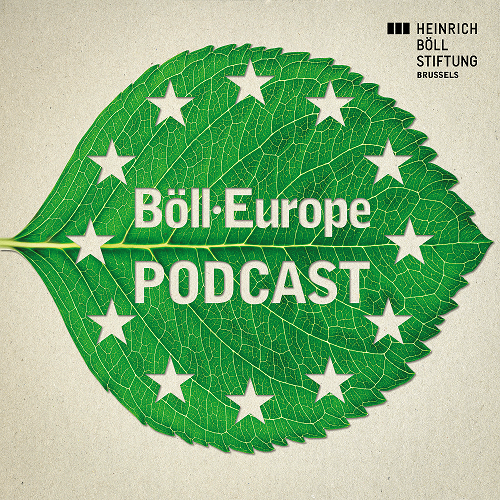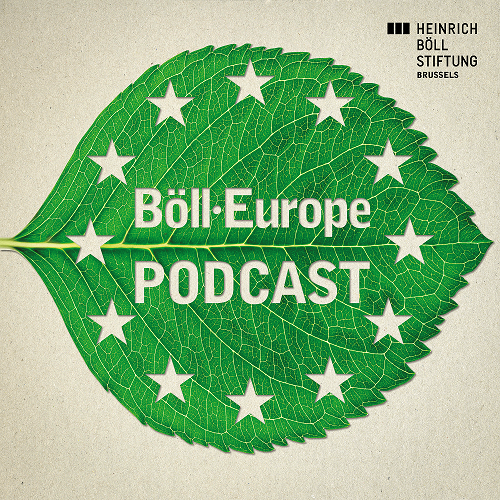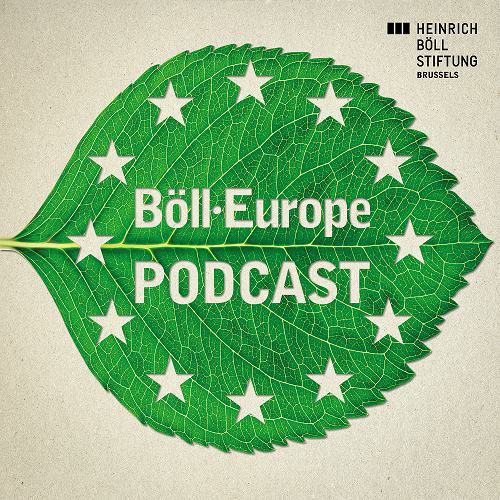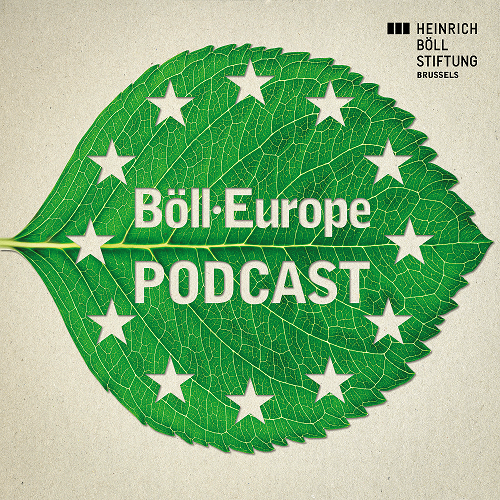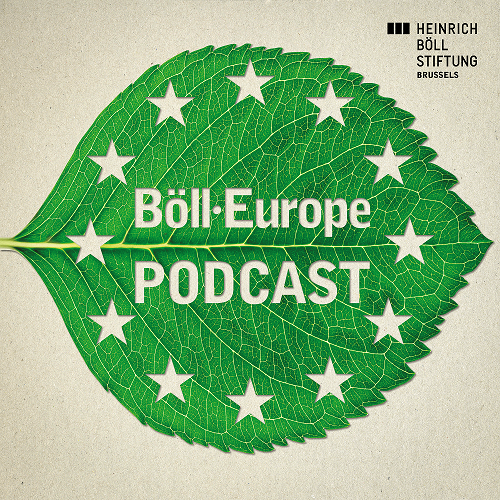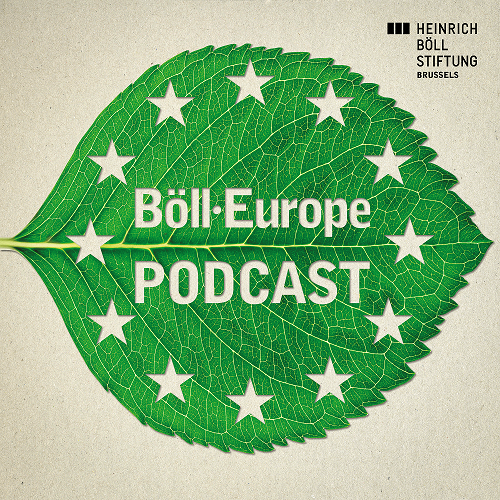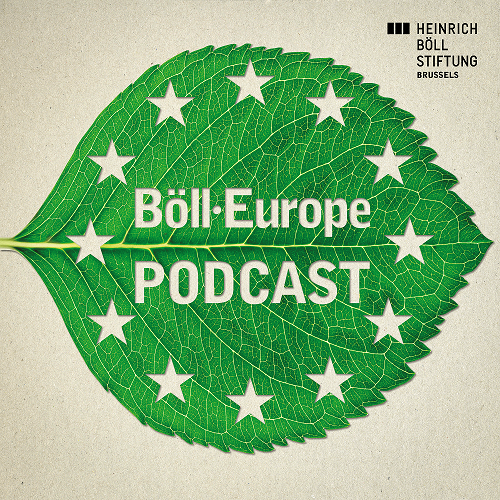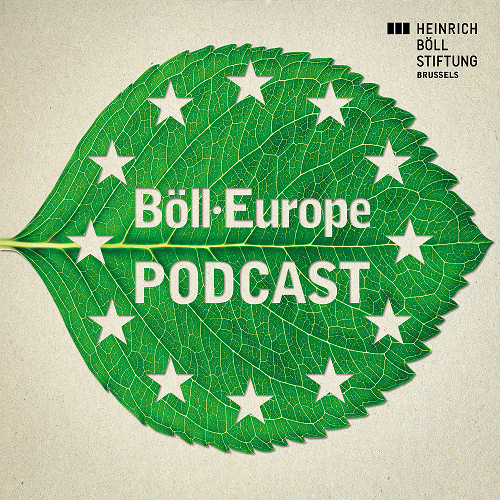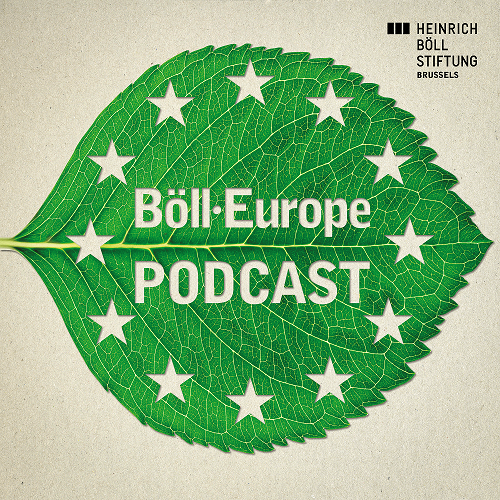
Böll·Europe Podcast #17 | Soil Atlas 2024 (Part 1)
Chemical inputs - such as fertilisers and pesticides - disrupt soil health in the long term, and the carbon footprint of synthetic nitrogen fertilisers is devastating. Despite this, more and more artificial fertilisers are being used in many regions of the world to increase crop yields in the short term, but what is the true price we are paying for this?
